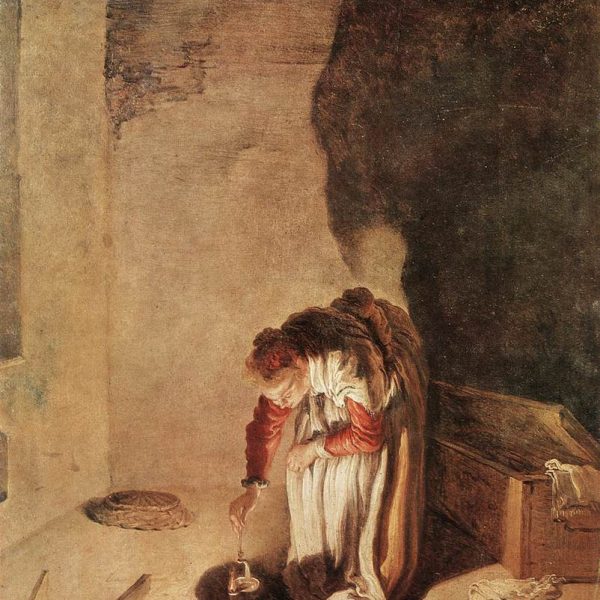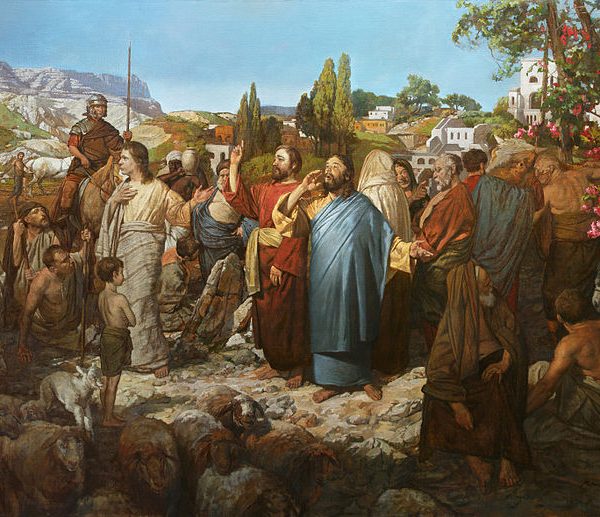
Our societies are built upon the oppression of the poor and marginalised and yet, unless we remove ourselves entirely from the web of cords, laws, taxes, products, and biological needs inherent in twenty-first century life, we are forced to participate in the oppression of others, and the destruction of our habitats. We see, we know that the world is on the brink, yet we cannot escape. Facing such a reality, Jeremiah offers us a way forward: we lament, we express our rage, we retain hope by continuing to call for change, and through it all we never allow ourselves to be numbed or silenced by the enormity of it all.

We must learn to subvert the economic model of our rulers by reconnecting with older models based on reciprocity, hospitality, and love.

The two stories of Luke 15:1–10, which we might call “parables of the remainder,” illustrate a core component of the Christian political orientation. That is, they highlight the alternative logic of much of the Judeo-Christian scriptures that urges us to foster solidarity in community through identification with the remainder, with the least of these, and to thereby bring justice and liberation.

Psalm 1 presents the reader with two, mutually exclusive categories of human existence: righteousness and wickedness. However, experience tells us that to be human is far more complex. Rather than simply embracing the psalm’s presentation of life, we might enter a dialogue instead, one wherein we consider what it might mean to be formed by attending to others rather than reifying our existing in-groups.

Jesus does not command those with privilege to make space at their tables, to give a portion of their excess to charities, or to invite a disadvantaged neighbor to join the feast. No, Jesus invites those with privilege to put off their privilege, and then to use the excess that their privilege has still provided to feed not their fellow privileged friends, but those who are most in need.

Faith is an enacted practice we live into through our whole selves, continuously laying our souls and bodies bare and vulnerable before the unknown. The consequences of this are thoroughgoing, touching every single aspect of our lives and making demands on both our loyalties and our activities in the world.

True ritual is a searching indictment of all injustice, a corrective for it, and a model for righteous behavior. Presenting ourselves before God in our ceremonies, we invite his inspection of the entirety of our lives; recognizing this fact, we must comport ourselves accordingly in all that we do. Civil religion and cultural religiosity will betray all those who put their hope in them.

Properly to hear the story of Genesis 18-19, we must first unlearn all that we thought we knew about the Sodomites.



